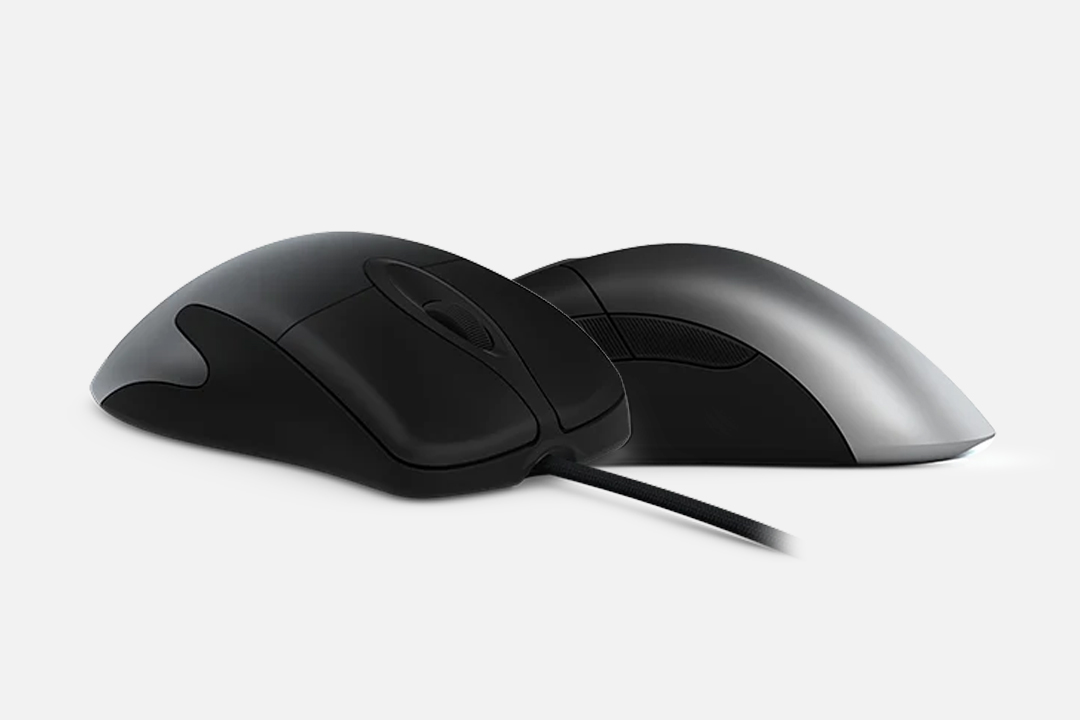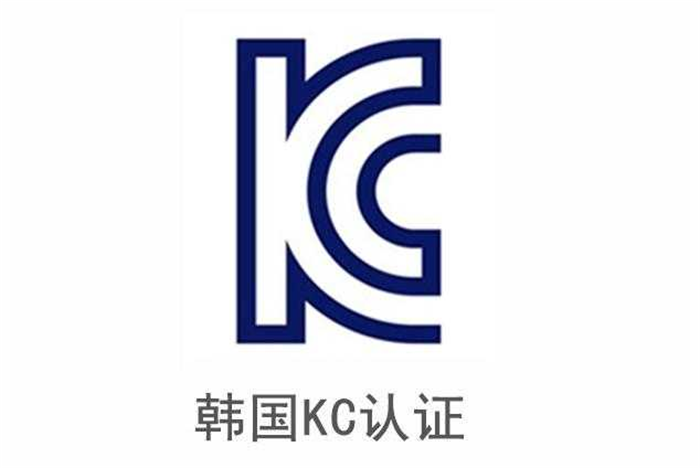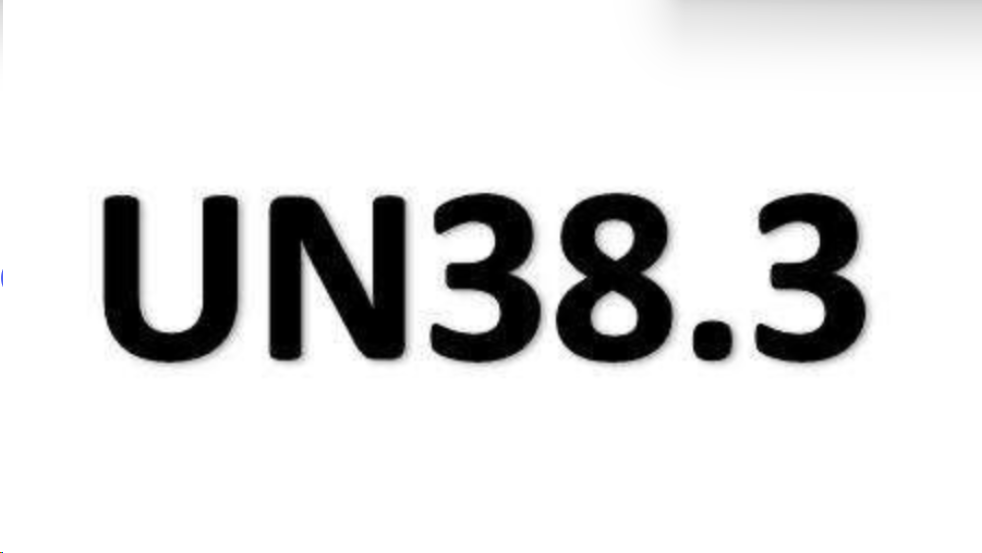The KC certification for wireless mice is a mandatory certification implemented by South Korea for radio frequency products, aiming to ensure that the products meet safety and electromagnetic compatibility requirements. Only wireless mice that have passed this certification can enter the South Korean market for sale.

The KC certification for wireless mice covers requirements in both radio frequency and electromagnetic compatibility. In terms of radio frequency standards, products must comply with relevant regulations in South Korea. These standards are similar to international common standards, but there are specific requirements in South Korea. In terms of electromagnetic compatibility, a wireless mouse should be able to operate normally in a certain electromagnetic environment, and the electromagnetic disturbance it generates itself should not cause excessive interference to other electronic products.
Its certification process is not complicated. First of all, the customer needs to prepare samples of the wireless mouse and related materials, such as product labels, instructions, parts lists, circuit diagrams, etc. Next, submit the samples and materials to the testing institutions recognized in South Korea, such as the laboratory recognized by the Korea Radio Research Institute (RRA), for testing. After the testing institution completes the radio frequency and electromagnetic compatibility tests, it will issue a KC test report. Finally, the testing institution reviews the report and other application documents. After confirming that there are no errors, the KC RF certificate will be issued.

It is worth noting that once the wireless mouse obtains the KC RF certification, the KC mark and identification mark must be affixed to the product. The certification fee ranges roughly from 1,000 to tens of thousands of RMB. The exact amount depends on the actual situation of the product, the complexity of the test items, and the requirements of the certification body. When applying for certification, it is necessary to ensure that the product complies with all relevant regulations and standards in South Korea. During the certification process, additional samples may be required or supplementary tests may be conducted. After the certification is passed, regular annual reviews are also necessary to maintain the validity of the certification.


![[Holiday Notice] ZRLK 2026 Chinese New Year Holiday Schedule](/uploads/image/202602/698559be66d97.jpg)










